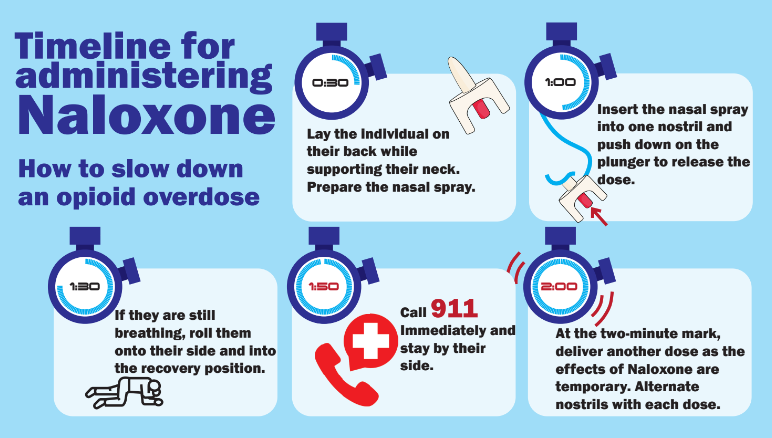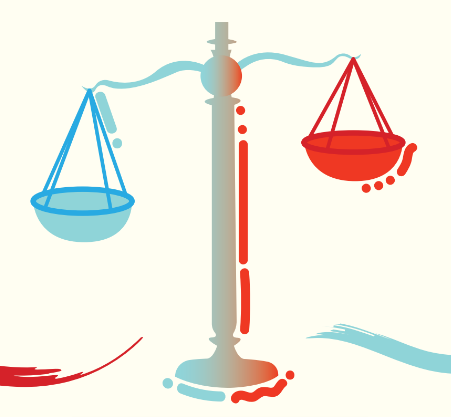By Kathryn Kelman/editor-in-chief
Confusion about whether TCC nursing students would continue to have a separate pinning ceremony prompted outrage and an online petition in protest, but administrators said the entire episode was a misunderstanding.
The students’ frustration led to them creating a petition March 29, which went viral and received 3,963 signatures, 37 short of their goal of 4,000, from people all over the U.S. and other countries like Germany, the Netherlands and the United Kingdom before it closed March 31.
According to the petition, the students felt strongly that by not having a separate pinning ceremony their sacrifices and attainments were being discredited.
“The nursing profession is, in a sense, devalued and will grow to no longer be viewed as the noble, honorable and distinguished profession it is currently known to be,” the petition stated.
The ceremony is viewed as a nurse’s entrance into the nursing profession. It is a milestone nurses reflect on and is an event that has been on the minds of the nursing students during the entirety of their education, according to the petition.
Nursing student Hayden Nicholson said the worldwide tradition of the pinning ceremony is a rite of passage for them.
“Us nursing students have an understanding that no medical profession is any better than another because we all work together as an interconnected team of health care professionals,” Nicholson said.
The students are fighting to keep the tradition alive because the pinning ceremony is not only unique to their profession but represents the struggles, achievements and the Nightingale Pledge, which is a modified version of the Hippocratic Oath that physicians take upon their graduation, he said.
“When we walk off that stage after our pinning, we are not just graduates: We. Are. Nurses,” Nicholson wrote in an email to The Collegian.
During the ceremony, the nursing graduates recite the Nightingale Pledge that Nicholson said follows them for the rest of their lives as long as they continue to choose to practice nursing.
“When nurses go home after work, we are off our shift, but our license follows us 24/7 and we are responsible for the lives of those around us during those 24 hours a day,” he said. “Nursing isn’t just a job or a profession — it is a way of life, and our absolute dedication to that lifestyle is why nurses are ranked the most trusted profession year after year.”
The petition asked for a separate ceremony or a staggered ceremony where allied health profession students have their ceremony first, followed by an intermission and ending with the pinning ceremony.
“This way, we have a ceremony that is unabridged and that encompasses all the symbolism, emotion and momentous elements that have been a part of the pinning ceremony for centuries,” the petition stated. “Allied Health and the other health care programs deserve their own ceremony that is not overshadowed by the weight of the significance of the nursing program’s pinning ceremony.”
The petition was closed following an update April 1 that asked for everyone to allow the administration time to sort out the details regarding the pinning ceremony.
Health sciences director Troy Moran said the students were misinformed and premature in reaching out and directed any further questions to health care professionals divisional dean Joseph Cameron.
According to Cameron, the nurse pinning ceremony was never going to be merged with the allied health professional’s recognition ceremony.
“We did hear that they were confused so we informed them that nothing was changed,” he said. “There was a misunderstanding particularly with the language and all that other stuff, but no, it was never meant to be merged.”
Cameron said he was not sure when the miscommunication took place because he wasn’t privy to it and didn’t have any knowledge of it, but they did send out an email over the weekend to clarify that the pinning ceremony hadn’t changed.
“In terms of the students and the pinning ceremony, we, from the bottom of our hearts, have always been there to help create the best experience they could ever have as they complete the program and that has not changed and it will not change,” he said.



























